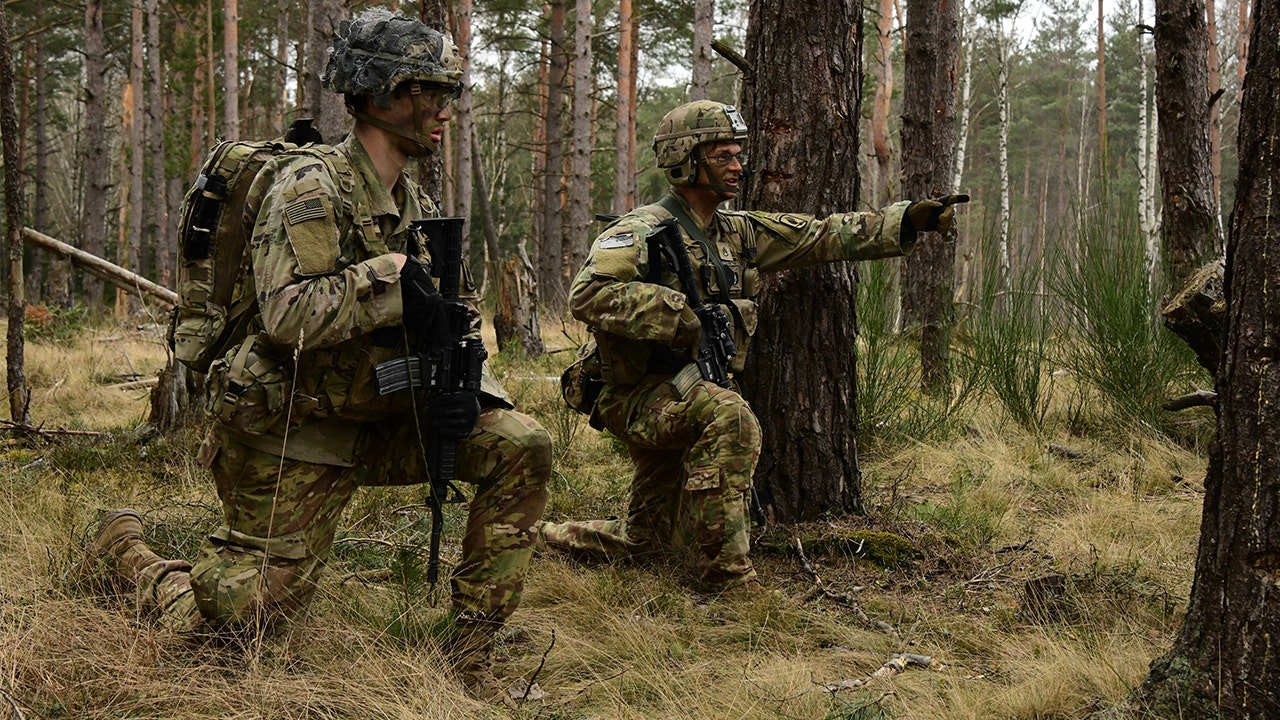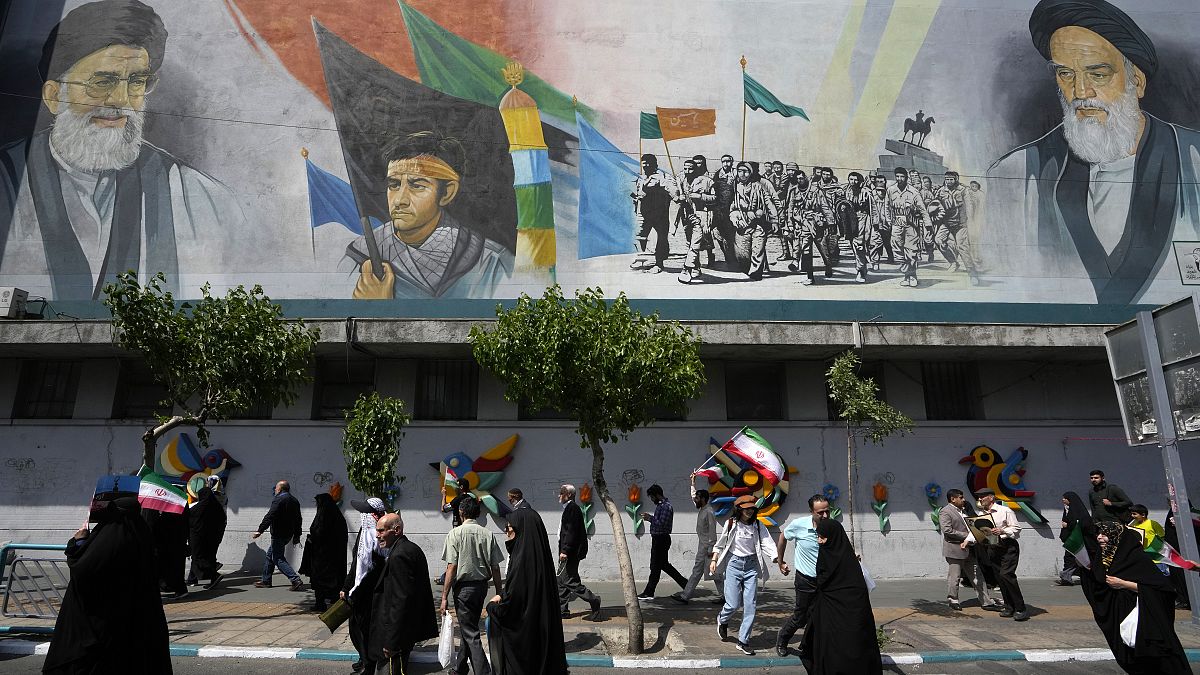At least 174 people were killed on Sunday morning after a South Korean passenger jet crashed and burst into flames on landing, according to local authorities, in one of the country’s worst aviation disasters.
The Jeju Air flight was returning from Bangkok with 181 people on board when it failed to deploy its landing gear, skidding down the runway before it struck a wall and was engulfed in fire at Muan International Airport in the south of the country.
Two crew members were rescued from the aircraft’s tail, according to the national fire agency, but most of the passengers were feared dead, officials told South Korea’s Yonhap news agency. More than 30 trucks and several helicopters were deployed to the disaster.
Of the 175 passengers, 173 were South Korean, while the remaining two were Thai nationals, according to the transportation ministry. There were six crew members on board.
South Korea’s acting president Choi Sang-mok — who assumed office on Friday after his predecessor was impeached by parliament — vowed to “dig into the cause [and] and take steps to prevent any recurrence of similar accidents”.
“This is a grave situation. We will do our utmost to cope with the damage,” he said from the scene of the crash.
Local television news footage showed thick smoke billowing from the wreckage of the aircraft, a twin-engined Boeing 737-800 jet.
The transport ministry said the airport’s control tower had issued a bird strike warning about a minute before the pilots called mayday. The crash occurred five minutes later.
Ministry officials said they had retrieved the plane’s flight data and cockpit voice recorders in their investigation into the crash. The pilot was a veteran with a flight record of more than 6,800 hours.
Muan airport would remain closed until January 1, the ministry said.
Jeju Air, a South Korean budget airline that was established in 2005, activated emergency protocols. “We offer our deepest condolences for the victims and bereaved families. We feel great responsibility and will do our best to find out the exact cause of the accident,” the company’s president Kim E-bae said in a televised statement.
The airline said the plane, which was 15 years old, had undergone regular maintenance, and no malfunctions were reported when it departed from Bangkok’s Suvarnabhumi airport.
Boeing also said it was in contact with the airline regarding the incident.
South Korea has suffered several fatal aircraft disasters, although the country’s safety record has improved in recent years. According to government data, South Korean carriers had 67 accidents during the past 10 years, which resulted in 59 deaths.
In 1983, a Korean Air flight was shot down by the former Soviet Union, killing all 269 people on board. In 1997, another Korean Air flight crashed in Guam, which killed 228 of the 254 people on board. In 2013, an Asiana Airlines flight crashed as it prepared to land in San Francisco, killing three people and injuring 187.
The disaster on Sunday was the second fatal plane accident in recent days. On Wednesday, an Azerbaijan Airlines passenger flight crash-landed in Kazakhstan after being diverted over the Caspian Sea from Grozny, killing 38 of the 67 people on board.
US and Ukrainian officials have blamed Russian anti-aircraft fire for the accident. Russian authorities said heavy fog and a flock of birds caused the diversion, but have also said that it occurred while Ukrainian combat drones were attacking nearby cities.
Russian President Vladimir Putin apologised to Azerbaijan on Saturday for the “tragic incident”, but did not comment on the allegations of Russian interference.


























/cdn.vox-cdn.com/uploads/chorus_asset/file/24924653/236780_Google_AntiTrust_Trial_Custom_Art_CVirginia__0003_1.png)




/cdn.vox-cdn.com/uploads/chorus_asset/file/25672934/Metaphor_Key_Art_Horizontal.png)

